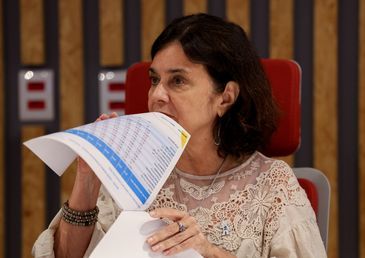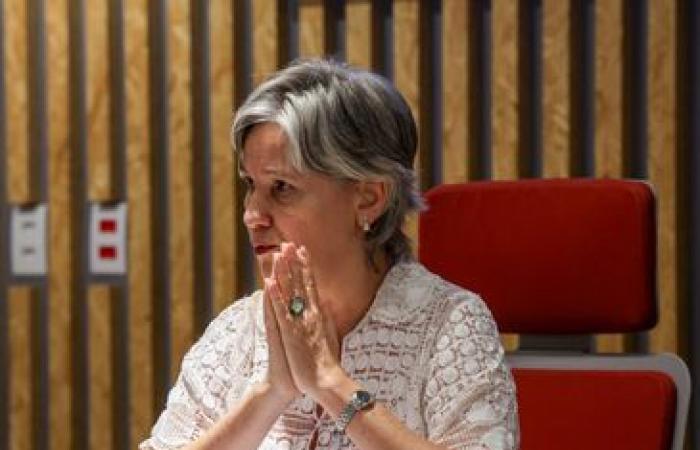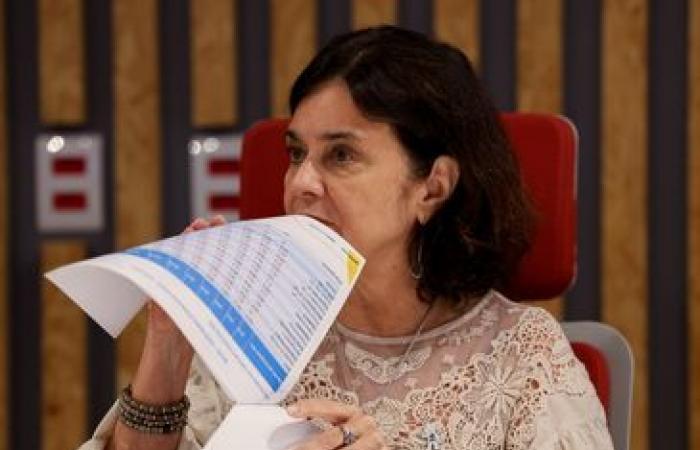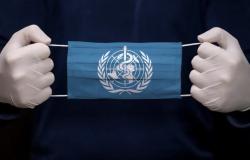Luciana Phebo presents data on childhood immunization in Brazil. Photograph: Antonio Cruz/ Agência Brasil
The head of Health at Unicef Brazil, Luciana Phebo, recalled that the country has experienced drops in vaccination coverage of the main immunizers on the children’s calendar since 2015 and that the scenario has worsened amid the covid-19 pandemic. “After years of worsening, Brazil began to resume vaccination,” she said, during a press conference. “More than 90 thousand children. That’s the difference. A significant difference,” she added.
The Minister of Health, Nísia Trindade, assessed that Brazil is registering “a turning point” in the scenario of vaccination coverage. “We are experiencing a turning point. A turn towards achieving the necessary vaccination coverage to protect our children, our society, our adolescents”, he said, specifically mentioning the vaccination against HPV which, this year, began to be carried out in a single dose for children and teenagers aged 9 to 14.
Nísia highlighted that 13 of the 16 main child doses included in the National Immunization Program (PNI) showed improvements in vaccination coverage in 2023 when compared to the previous year. Among the immunizers mentioned by the minister are: polio, pentavalent, rotavirus, hepatitis A, yellow fever, meningococcal C (1st dose and booster), pneumococcal 10 (1st dose and booster), triple viral (1st and 2nd doses) and triple booster bacterial.

For Minister Nísia Trindade, the country is moving towards the necessary vaccination coverage to protect children. Photograph: Antonio Cruz/ Agência Brasil
“It was a turnaround with a lot of struggle. We should celebrate, but also point out the paths ahead”, said Nísia. “This general increase in coverage highlights this progress very well, which, as I said, we celebrate, but with the awareness that we have a long way to go,” she added.
Americas
In the midst of World Immunization Week and Vaccination Week in the Americas, celebrated from April 24 to 30, the representative of the Pan American Health Organization (PAHO) in Brazil, Socorro Gross, highlighted the importance of the polio vaccination schedule . “The child not having this right is something very significant,” she said. In Brazil, starting this year, the oral polio vaccine is being gradually replaced by the inactivated and injectable version of the vaccine.
The injectable form is applied at 2, 4 and 6 months of age, according to the National Vaccination Calendar. After the transition period, which began in the first half of 2024, children who complete the first three doses of the vaccine will only receive a booster with the injectable at 15 months.
The booster dose, previously administered at 4 years of age, will no longer be necessary. The update considered epidemiological criteria, evidence related to the vaccine and international recommendations on the topic.
For Socorro, three public health interventions are considered essential by PAHO to guarantee quality of life for all children: access to drinking water, breastfeeding and vaccination. “The Americas region has suffered a lot over the last few years. We lost a lot in vaccination coverage.”







